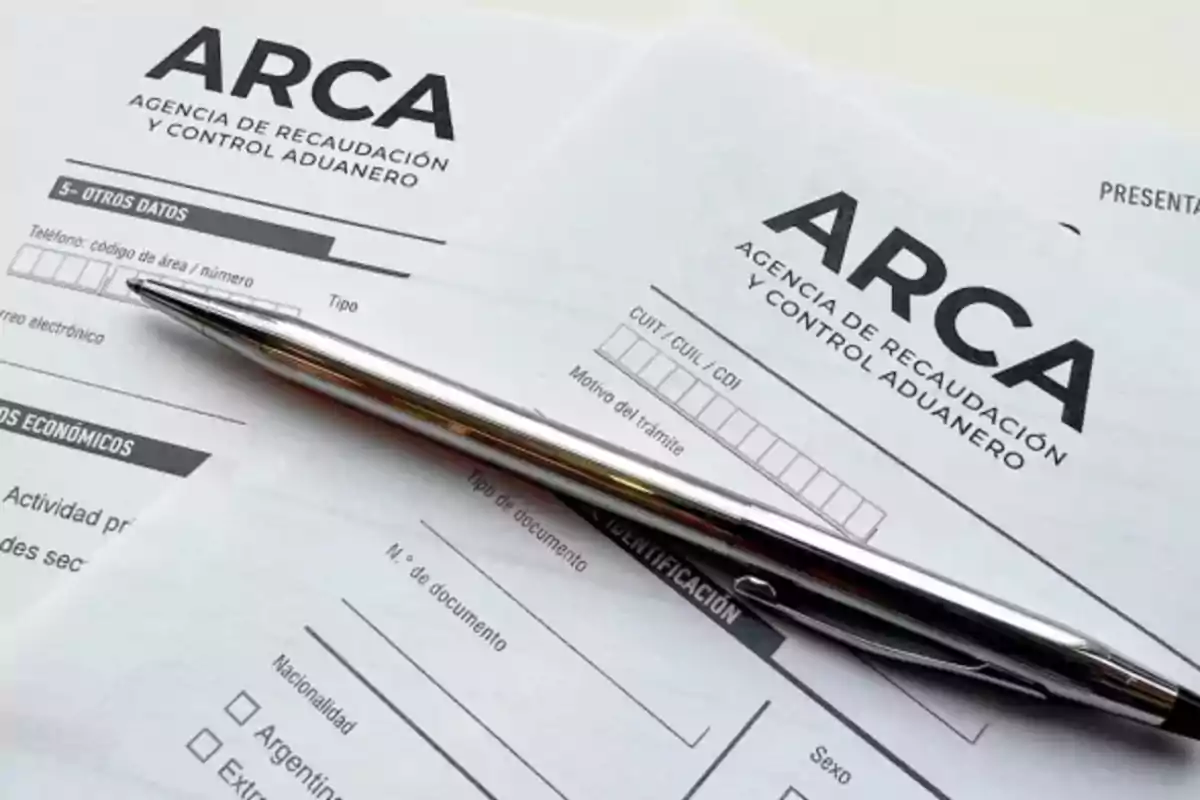
The Government presented the Historical Savings Reparation Plan to the provinces.
With ARCA's technical support, the initiative gives citizens back control over their money
In what is already considered one of the largest tax reforms since the return of democracy, President Javier Milei's administration has taken a historic step in its crusade to dismantle the state control apparatus that suffocated taxpayers. The Minister of Economy, Luis Caputo, and the Chief of Cabinet, Guillermo Francos, presented the Historic Savings Restoration Plan for Argentinians to 17 governors this Tuesday, an initiative designed by the Revenue and Customs Control Agency (ARCA) that seeks to eliminate arbitrary fiscal mechanisms, promote the formalization of the economy, and guarantee the full exercise of property rights.
The meeting, held via videoconference and divided into two sessions, also included the participation of Juan Pazo, ARCA's executive director, and Lisandro Catalán, Deputy Chief of the Interior Cabinet. The proposal was received by the governors and provincial ministers with attention and openness to dialogue, representing a turning point in fiscal relations between the Nation and the provinces.

From his official account, Francos summarized the spirit of the meeting:
"Together with the Minister of Economy, @LuisCaputoAR, @catalanlisandro, the Deputy Chief of the Interior Cabinet, and Juan Pazo, ARCA's executive director, we presented the Historic Savings Restoration Plan for Argentinians to governors and ministers from various provinces."
Among the most innovative aspects of the plan are the repeal of abusive reporting regimes, the modernization of fiscal control thresholds, and the implementation of a new simplified income tax regime, which will take effect on June 1.
In statements, Juan Pazo was blunt in explaining the spirit of the reform:
"Do you remember when you went to the supermarket and they made you pay in four installments or show your ID for a purchase of 100,000 pesos? That's gone. Today, you can spend up to 10 million pesos ($10,000,000) without identification."
Pazo recalled that during Kirchnerism, the controls were so absurd that "the cashier would tell us she had to split the receipt because otherwise she had to report us."
Among the main eliminations of reporting regimes are:
Personal purchases with cards, debit, or virtual wallets.
CITI Notaries: notarial transactions.
Purchase and sale of used cars.
Expense reports (previously from $32,000).
Real Estate Transfer Offer Code (COTI).
Public utility consumption.

Additionally, banks are prohibited from requiring sworn statements of national taxes as a condition for operating. According to Pazo, "people may refuse and go to Consumer Protection if such a requirement is imposed on them."
ARCA also modified the minimum values from which businesses and financial entities must report transactions. Some examples of the new regime:
Bank transfers: from $1,000,000 to $50,000,000 (individuals).
Cash withdrawals: previously any amount, now from $10,000,000.
Fixed-term deposits: from $1,000,000 to $100,000,000 (individuals).
Virtual wallets: now from $50,000,000.
Regarding these changes, Pazo clarified that they do not mean a lack of control, but rather a paradigm shift: "It's not that we don't see. We can see when we need to, but now we don't do it systematically. We want people to be able to operate freely, without being treated as suspects for moving their own money."
One of the pillars of the new system will be the Simplified Income Tax Regime, which will take effect on June 1. Pazo explained: "We're going to look at your invoices and deductible expenses, without monitoring your personal spending or your increase in assets."
This means that buying a car or a property with legitimate savings will not be penalized with retroactive taxes, eliminating a historic source of harassment for middle-class taxpayers.
As part of the plan, a new information exchange agreement with the provinces was also presented. ARCA was clear: "Provinces that do not adhere to the regime will lose access to billing information of individuals and/or companies, as well as information related to consumption above the established thresholds ($50,000,000)."
When asked about the impact on revenue, Pazo was emphatic: "Today, we have a 50% informal economy. We invite people to join the system for the right reasons: access to credit, have a financial history, buy a house."
More posts: